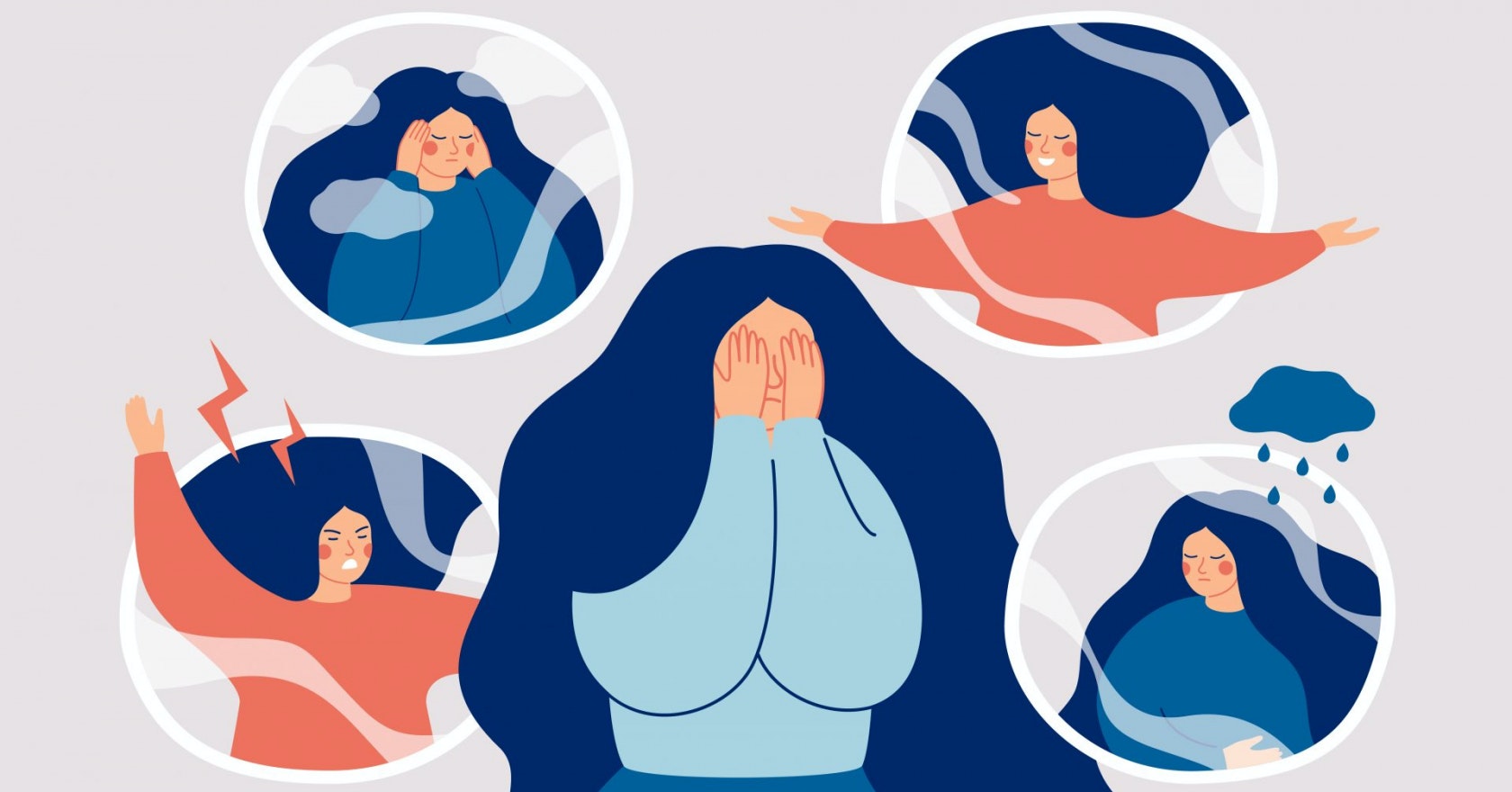
Do you find it hard to feel unpleasant emotions like sadness and anger because you see them as ‘bad’? Here’s why it’s time to stop judging yourself for your feelings.
No matter how in tune you are with your emotions, it’s all too easy to pass judgement on how you think and feel. From beating yourself up for feeling sad for no reason to questioning why you’re so frustrated at something your friend said at the pub, we all get caught up in our meta-emotions (feelings about feelings) from time to time.
But it’s when that judgment leads you to a point where you try to avoid ‘bad’ emotions that it becomes a big problem.
Emotions are just emotions – you’re not really in control of them and they don’t say anything about you as a person – but when you start to moralise your feelings, you make it harder for yourself to process whatever is going on and develop helpful, targeted coping strategies.
“All our emotions are adaptive – in other words, we’ve developed them for a reason,” explains Dr Meg Arroll, a chartered psychologist, scientist and author.
“Some feelings – like happiness, joy and hope – feel good, while others – like sadness, anger and fear – are unpleasant.
“But that doesn’t mean certain emotions are ‘good’ while others are ‘bad’ – rather the types of emotions that put a smile on our face and feel pleasant direct us to seek out more of the sources of those emotions, while the unpleasant emotions that emerge from other sources give us important information about the world around us.”

In this way, your emotions – whether pleasant or unpleasant – are kind of like a guide to help you navigate the world and understand how it’s affecting you.
“We shouldn’t be avoiding ‘bad’ emotions at all costs; rather, we should aim to be curious about these feelings to see what they are trying to tell us,” Dr Arroll says.
“It can be useful to think of these emotions in a similar way to physical pain – if we place a hand on a hot hob, the brain will receive pain signals and tell us that this is harmful, so we learn how to cook without burning ourselves.
“When we reframe ‘bad’ emotions in this way and see them as adaptive, we are able to cope better and regulate them appropriately.”
She continues: “If we view ‘bad’ emotions as just that – bad – we can develop unhelpful and harmful coping strategies. We absolutely need the complete range of human emotion so that we can navigate our lives to be as full and fulfilling as possible.”
While there’s no need to analyse every single unpleasant emotion that crops up in your life, acknowledging that emotions serve a purpose can help you to feel more confident in your feelings and allow yourself to process whatever you’re going through.
Emotions can be incredibly confusing to understand, but at the end of the day they’re just another tool we have to navigate the even more confusing world around us.
Images: Getty
Source: Read Full Article